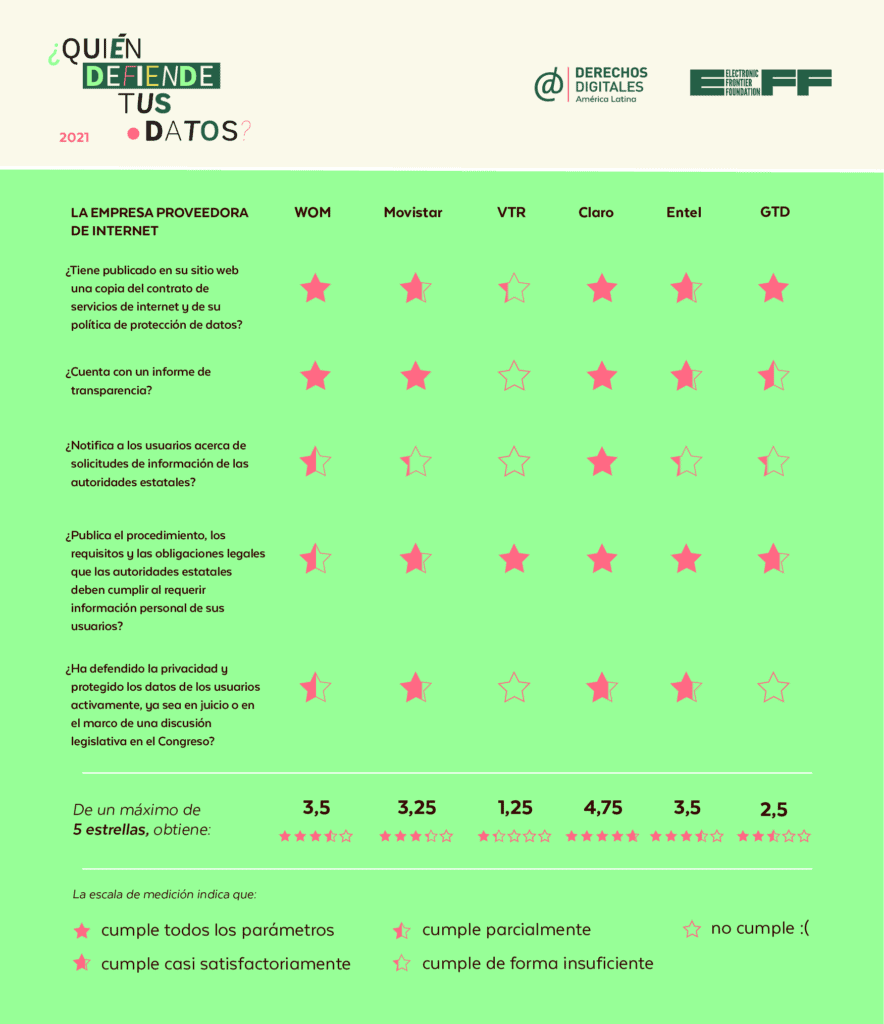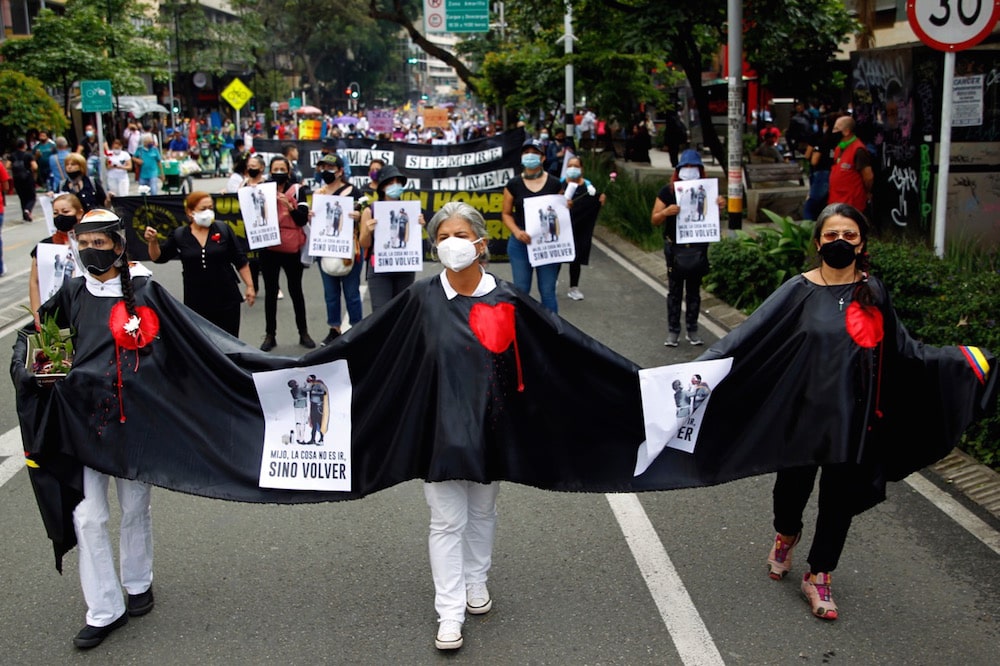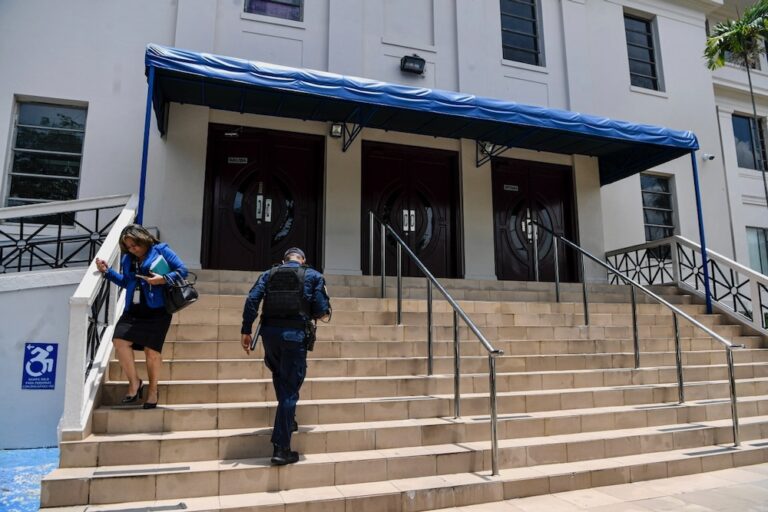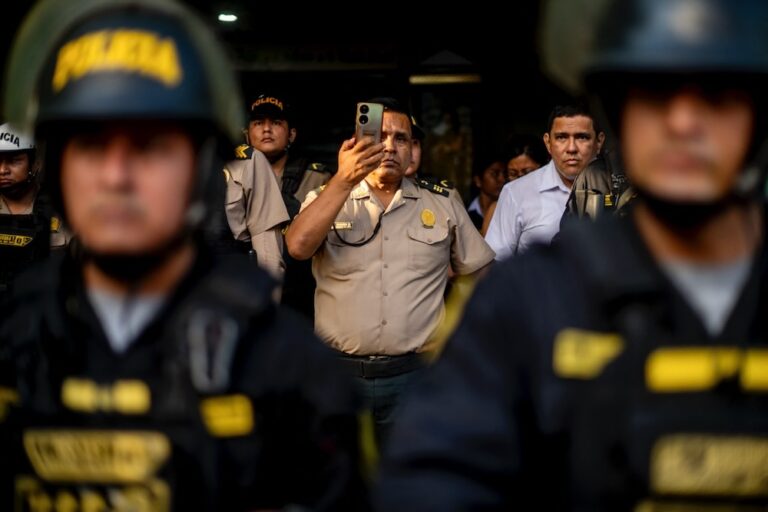May 2021 in the Americas: A free expression round up produced by IFEX's Regional Editor Paula Martins, based on IFEX member reports and news from the region.
A month of protests in the streets of Colombia
At least 42 people have died, according to the Public Defender’s Office. Thousands have been injured. Hundreds have been missing for days. The country has witnessed – live – repeated episodes of police brutality.
The protests in Colombia were triggered by a tax reform, but deeper structural problems seem to be driving the demonstrations. Commentators see the unrest – which has been going on for more than a month, now – as a continuation of the November 2019 Paro Nacional, which was interrupted by the COVID crisis.
There are calls for a less violent and abusive police force, the due implementation of the peace agreements, and the end of a clientelistic economic model that favours ‘old elites’ and perpetuates inequality and social exclusion.
The Colombian authorities’ response appears to confirm the demonstrators’ concerns. Between 28 April and 28 May, IFEX-ALC member Fundación para la Libertad de Prensa (FLIP) documented 178 cases of attacks against the press, impacting 201 victims. According to FLIP’s monitoring, almost 60% of the attacks were perpetrated by security forces and public officers.
FLIP highlights the chilling impact of the silence of authorities in relation to the abuses – if a clear message of zero tolerance isn’t heard, the abuses will continue.
Violence in the streets is only part of a hostile environment for the press. FLIP has also reported on the stigmatization and criminalization of independent sources of information, referencing a campaign promoted by the Ministry of Defence that labelled contesting online voices as ‘cyberterrorists’.
Another IFEX-ALC member in Colombia, Fundación Karisma, points out a similar stigmatization of social protests – demonstrations are not seen as the exercise of a right, and there is a special lack of understanding and recognition of online protests.
The organization is also concerned with the lack of regulations on certain types of technology used by authorities, such as signal blockers, profiling (OSINT and others), drones, and facial recognition. In the existing legal void, these technologies are being deployed against demonstrators in violation of international human rights standards.
Both FLIP and Fundación Karisma have taken their concerns to the UN and the Organization of American States (OAS) human rights bodies. On 31 May, the Inter-American Commission on Human Rights (IACHR) confirmed a June mission to Colombia. The Commission will meet with government as well as civil society representatives, and will interview victims of human rights violations in the context of the protests.
The IACHR visit should contribute to the efforts underway to avoid impunity for abuses that took place during the last month. It should also serve to promote increased respect for the right to freedom of assembly by the country’s authorities.
The hope is that this will lead to a decrease in violence that will allow Colombians to continue to safely exercise their right to take to the streets and call for change. And in the run-up to presidential elections in 2022, let’s hope their voice will be heard.
What do you know about disciplinary technologies?
Never heard of them? Well, IFEX member EFF can tell you how they are a threat to your privacy and autonomy. These technologies apply surveillance to different aspects of our lives, in particular in situations where we are subject to power imbalances, such as at work, in schools, or within family relationships that involve parental or partner control (bossware, scholarly bossware, kidsware, etc.).
Despite being presented as benign in intent, these technologies – which are spreading rapidly – are non-consensual and often deployed for goals only distantly related to their purported purposes.
EFF argues that “the typical rallying cries around user choice, transparency, and strict privacy and security standards are not complete remedies when surveillance is the consumer selling point.” The group calls for a deconstruction of the arguments disseminated by the producers of disciplinary technology that justify undercover surveillance. The elements of subterfuge and coercion intrinsic to these technologies are unacceptable.
Visit EFF’s website to read stories about their fight against disciplinary technologies – here.
¿Quién defiende tus datos? Privacy in Chile
Who protects your data? If you are in Chile, Derechos Digitales has an answer for you. This May they launched the fourth edition of a report that analyzes the publicly available privacy policies and codes of practice of Chile’s largest telecommunications service providers: Claro, Entel, GTD Manquehue, Movistar, VTR, and WOM.
The latest report notes a widespread improvement in the practices of internet providers, continuing a trend observed in 2019: transparency reports have become a standard practice in the industry, and companies are sharing more about the processing of personal data and requests from authorities to deliver information about their customers.
These improvements show that ¿Quién defiende tus datos? has proven to be a valuable tool to encourage internet providers to improve their standards of protection and transparency.
As stated by Derechos Digitales, “in a hyper-connected society, where much of our lives takes place online (and even more so in a context of pandemic and quarantine), the way in which telecommunications companies protect our privacy is a condition for our development, according to a democratic system that respects human rights.”

Derechos Digitales
Some good news about Chile… a new constitution is underway
On 15 and 16 May, the Chilean population experienced a historic moment of political participation: the election of the 155 individuals who will prepare a new constitution for the country.
This is the first time the drafting of a Chilean Constitution has been part of a participatory process. And, importantly, gender parity is ensured, with women holding 50% of the seats in the new Constitutional Convention, a historic global milestone. The process also establishes a quota of 17 seats for representatives of indigenous peoples.
It is the outcome of a referendum called by President Piñera in November 2019 – after a month of large and almost daily protests across the country.
The Constitutional Convention will have nine months to work on the new text, which will then be subject to popular approval in another referendum, in 2022.
Tracking risk in Venezuela
On 21 May, IFEX member the Instituto Prensa y Sociedad Venezuela (IPYS Venezuela), launched the study Bitácora de Riesgos (Blog of Risks), a diagnosis of violence against journalists in the country. The research includes a map of 481 assault-related violations faced by press workers across the country between 2019 and March 2021.
According to the study, the metropolitan area of Caracas stood out as the geographical hot spot, with a total of 165 cases and 229 violations.
Bitácora de Riesgos also collected the audio testimonies of 24 journalists – from the capital district and across the country – who narrated the vulnerabilities they face when carrying out their informative work, as well as the strategies they use to protect themselves.
Finally, a brief entitled “Scars of Venezuelan journalism” is included in the report, which outlines the context of current risks faced by press workers, and the consequences of violent acts against journalistic practice.
The material is available in Spanish, here.
Internet concentration indicators – the situation in Argentina
IFEX-ALC member OBSERVACOM has launched a study that analyzes internet concentration in Argentina, based on eight indicators: fixed and mobile Internet access, browser usage, search engine usage, use of social networks, use of instant messaging, access to news through the internet, and internet news sources.
Their analysis of the data confirms concentration in the hands of few companies, in each of the analyzed categories.
In relation to mobile Internet, for example, the market is organized around three major operators: Claro (América Móvil), Movistar (Telefónica) and Personal (Telecom, of the Clarín Group).
The report also addresses how news is accessed, noting that almost nine out of ten Internet users (86%) say they access news through different internet platforms. The majority (71%) do so through social networks, slightly more than those who use TV services (67%) and significantly more than those who continue to access news via physical, written materials (23%).
Access the full report data and conclusions here.
#NoAlPadrón – Questioning the collection of telecom users’ data in Mexico
In April 2021, a mandatory register of mobile phone chips – the National Register of Mobile Telephony Users – was created in Mexico. It was part of a reform of the Federal Law on Telecommunications and Broadcasting.
According to IFEX-ALC member Red de Defensa de los Derechos Digitales (R3D), the register will require mobile phone users to hand over their biometric data, which represents a serious threat to privacy.
The register has been challenged by, among other bodies, Mexico’s National Institute for Transparency, Access to Information, and Protection of Personal Data (INAI), which filed an unconstitutionality lawsuit against it; as well as by the Federal Telecommunications Institute, which plans to question its constitutionality in courts.
R3D and partners are now calling on users to get involved by questioning the register themselves, judicially, filing amparo lawsuits against it. A lawsuit template can be easily accessed via a dedicated website.
The lawsuits filed by users will be added to an amparo lawsuit already filed by the #NoAlPadrón campaign organizations (ARTICLE 19 – another IFEX member – is part of the campaign), so they will be united in a single case. This will make follow-up of legal procedures easier, and will strengthen the visibility of the collective effort.
Visit the #NoAlPadrón campaign’s website to learn more.
In brief
El Salvador – Latin America civil society organizations, including IFEX-ALC and many of its members, released a joint statement in early May strongly rejecting the decisions adopted by the Salvadoran Congress to arbitrarily remove from office the judges and alternate judges of the Constitutional Chamber of the Supreme Court of Justice and the Attorney General, and to irregularly appoint their replacements, in violation of the constitutional and international legal framework. The groups also warned of a serious risk to democracy in the country.
Guatemala – Criminal charges were presented against journalists Marvin del Cid and Sonny Figueroa by Maria Luisa Morales Gatica de Martinez and Claudia Ivonne Martinez Morales de Giron, in retaliation to their investigation into the use luxury properties by relatives of politician Luis Miguel Martínez Morales, during his administration and after he left office. >According to ARTICLE 19, the two journalists have been subjected to a long list of harassment, surveillance, and criminalization – documented by various organizations – seeking to discredit their journalism.
Nicaragua – On 20 May, riot police officers surrounded the independent news website Confidencial’s office in Managua and, about 90 minutes later, raided and occupied the office, denying entry to its employees for hours. They also briefly detained camera operator Leonel Gutiérrez, the only staff member present at the time of the raid. Earlier the same month, IFEX-ALC, along with AMARC-ALC, Committee to Protect Journalists (CPJ), Race and Equality, and Voces del Sur condemned the deterioration of press freedom in Nicaragua and called on authorities to guarantee freedom of expression rights.
Canada – IFEX member OpenMedia has signed an open letter to Canada’s Prime Minister Justin Trudeau voicing concerns about recently tabled policies and regulations that threaten the internet. According to the letter, a recent series of proposals and actions may adversely impact Canadians’ freedom to access online content of their choice and post legal content without fear of censorship, and may even risk disrupting the technical infrastructure of the internet. The proposals include amendments to the Broadcasting Act in Bill C-10, forthcoming online harms legislation, and proposals from both the CRTC and the Ministry of Innovation, Science and Economic Development to block content at the network level.
US – The Electronic Frontier Foundation (EFF) has sued the California Commission on Peace Officer Standards and Training (POST) to obtain materials showing how police are trained in the use of force, after third-party copyright interests were cited to illegally withhold this information from the public.



